
Industry News
In recent years, sustainable living has become a central concern for many households around the world. Pet care, particularly cat ownership, is no exception. Traditional cat litters, often made from clay, can contribute significantly to environmental degradation. Clay mining not only consumes vast amounts of energy but also generates non-biodegradable waste. As a result, many pet owners are seeking alternatives that are both effective and environmentally responsible. One such alternative is cassava cat litter, a plant-based solution derived from cassava roots that offers multiple benefits for both cats and the planet.
Cassava cat litter is made from the starch extracted from cassava roots. This starch is processed into granules or pellets that function similarly to traditional cat litter but with a smaller ecological footprint. Unlike clay litter, cassava litter is fully biodegradable, making it easier to dispose of without causing long-term harm to landfills or ecosystems. The production process of cassava litter generally requires less energy and water compared to clay mining and processing, contributing to a lower overall carbon footprint.
Additionally, cassava litter is lightweight, which reduces transportation energy compared to heavier clay-based alternatives. This benefit alone can make a noticeable difference in reducing greenhouse gas emissions associated with the distribution of pet products.
One of the most significant environmental advantages of cassava cat litter is its biodegradability. Traditional clay litter does not break down naturally and can take hundreds of years to decompose in landfills. Cassava litter, however, is plant-based and can decompose fully within months under proper conditions. This characteristic allows pet owners to dispose of used litter in a way that contributes positively to the environment.
Some households even choose to compost cassava litter after use, particularly when the litter has only been in contact with urine. By incorporating it into a compost pile, cassava litter can enrich soil with organic matter, supporting plant growth and closing the loop on waste management. While litter contaminated with feces should generally not be composted for food gardens, it can still be processed in designated composting facilities that handle pet waste safely.
The production of cassava cat litter relies on renewable agricultural resources rather than mineral extraction. Cassava is a fast-growing root crop that thrives in a variety of climates. Unlike clay mining, which disrupts land ecosystems and requires significant energy for excavation, cassava cultivation has a relatively low environmental impact when managed responsibly. The use of cassava in cat litter helps redirect agricultural output towards eco-friendly products, reducing reliance on non-renewable resources.
Furthermore, cassava litter typically requires less water during processing compared to clay litter production. This is particularly important in regions where water conservation is a critical concern. By choosing cassava cat litter, households contribute to lower industrial water usage and help conserve vital resources.
Many traditional cat litters, particularly clay-based varieties, generate fine dust when used. This dust can irritate both pets and humans, potentially exacerbating respiratory issues. Cassava cat litter, on the other hand, is naturally low in dust. Its granules are less likely to produce airborne particles, promoting cleaner indoor air and reducing the environmental impact of micro-particles entering the atmosphere. Cleaner air inside the home aligns with a greener lifestyle, as it minimizes health risks and the need for air filtration or additional cleaning products.
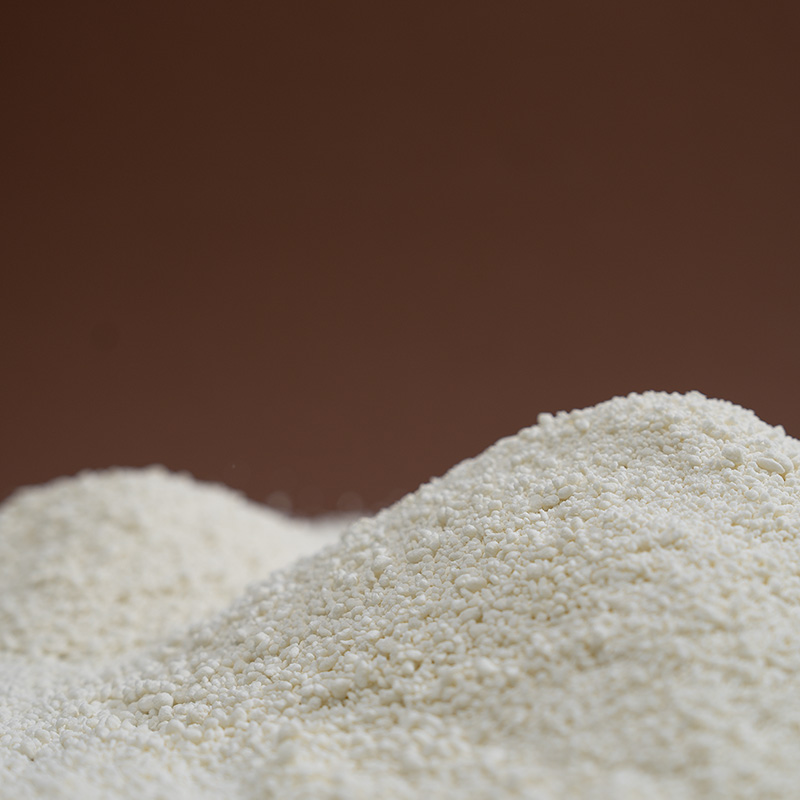
Odor control is a common concern for cat owners. Many commercial litters use chemical additives or perfumes to mask odors, which can contribute to indoor pollution and introduce synthetic compounds into the home. Cassava cat litter naturally absorbs moisture and controls odors without the need for harsh chemicals. Its plant-based composition allows it to trap ammonia and other odor-causing compounds effectively. By avoiding chemical additives, households can maintain a cleaner, healthier environment, aligning with sustainable living principles.
The lightweight nature of cassava cat litter also supports a greener lifestyle in terms of logistics and transportation. Transporting heavy clay litter consumes more fuel and produces higher carbon emissions. Cassava litter, being significantly lighter, reduces these emissions throughout the supply chain. This is an often-overlooked benefit that contributes to a lower overall environmental impact, particularly for households that purchase litter in bulk or rely on delivery services.
By choosing cassava cat litter, consumers indirectly support sustainable agriculture practices. The cultivation of cassava for industrial purposes provides an additional market for farmers, potentially reducing the need for environmentally harmful monocultures or deforestation. When sourced responsibly, cassava production can coexist with biodiversity-friendly practices, soil conservation, and minimal pesticide use. This connection between consumer choices and agricultural sustainability reinforces the broader impact of adopting plant-based products in daily life.
In addition to environmental benefits, cassava cat litter is generally safer for cats. Clay litters can sometimes contain small impurities or heavy metals from mining, which can accumulate in pets over time. Cassava litter, being plant-based, avoids these risks. Its gentle texture is less likely to cause irritation to sensitive paws, and its absorbency helps maintain a cleaner, drier litter box environment. Healthy pets and clean homes contribute to a lifestyle that values well-being for all household members, human and animal alike.
To maximize the benefits of cassava cat litter while supporting a greener lifestyle, consider the following tips:
Gradual Transition: If your cat is used to clay litter, introduce cassava litter gradually by mixing it with the old litter. This helps the cat adjust without stress.
Regular Cleaning: Remove soiled litter daily to maintain hygiene and extend the life of the remaining litter.
Composting: When composting urine-only litter, ensure it is used in non-food gardens or compost systems designed for organic waste.
Proper Disposal: For litter contaminated with feces, check local regulations for safe disposal, as some municipalities have restrictions.
Storage: Keep cassava litter in a dry, cool place to prevent clumping or spoilage before use.
Adopting cassava cat litter can be seen as part of a broader commitment to reducing household environmental impact. While a single household may produce a small amount of litter waste compared to industrial scale pollution, every incremental change matters. When thousands of households switch to biodegradable, plant-based litter, the cumulative effect can significantly reduce landfill waste, lower greenhouse gas emissions, and promote more sustainable consumer habits.
Moreover, supporting eco-friendly products sends a signal to manufacturers and retailers that sustainable options are in demand. This encourages further innovation in the pet care industry, from biodegradable packaging to renewable resource sourcing. In this way, choosing cassava cat litter is not just an isolated decision but a contribution to a growing market for environmentally responsible products.
Cassava cat litter represents a practical, environmentally friendly alternative to traditional clay litter. Its biodegradable nature, reduced resource consumption, low dust production, and natural odor control make it a compelling choice for environmentally conscious households. By choosing cassava litter, cat owners can support sustainable agriculture, reduce their carbon footprint, and contribute to a cleaner, healthier home environment.
Adopting cassava cat litter is more than a small change in daily pet care; it is a step towards a greener lifestyle. Each scoop not only maintains a clean and comfortable home for cats but also reflects a commitment to sustainability and responsible consumption. As awareness of environmental impact continues to grow, plant-based alternatives like cassava cat litter are set to play a key role in promoting eco-conscious living, proving that small daily choices can create meaningful environmental benefits.
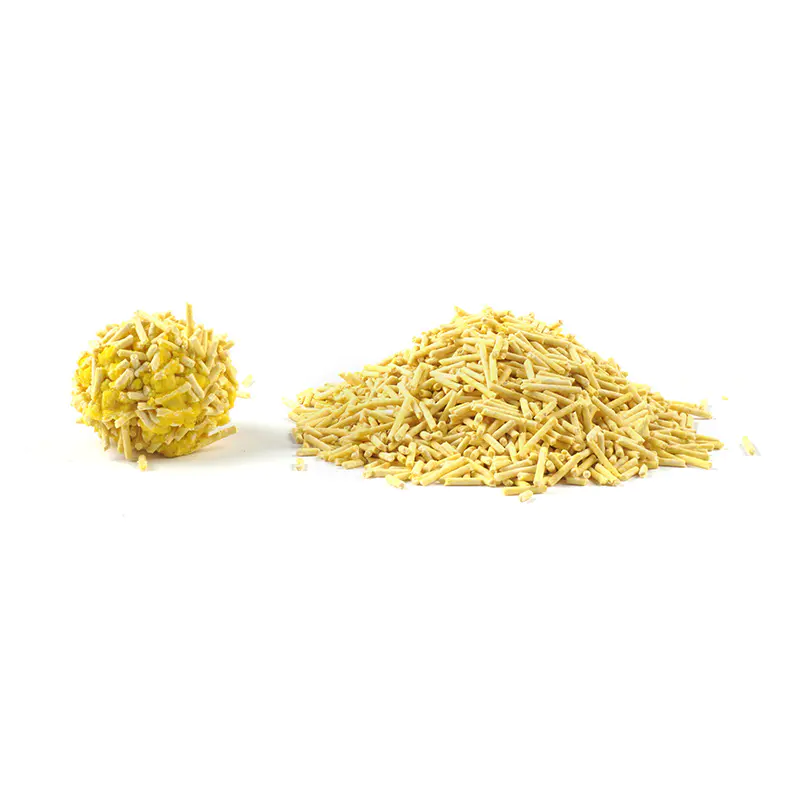
Tofu Cat Litter
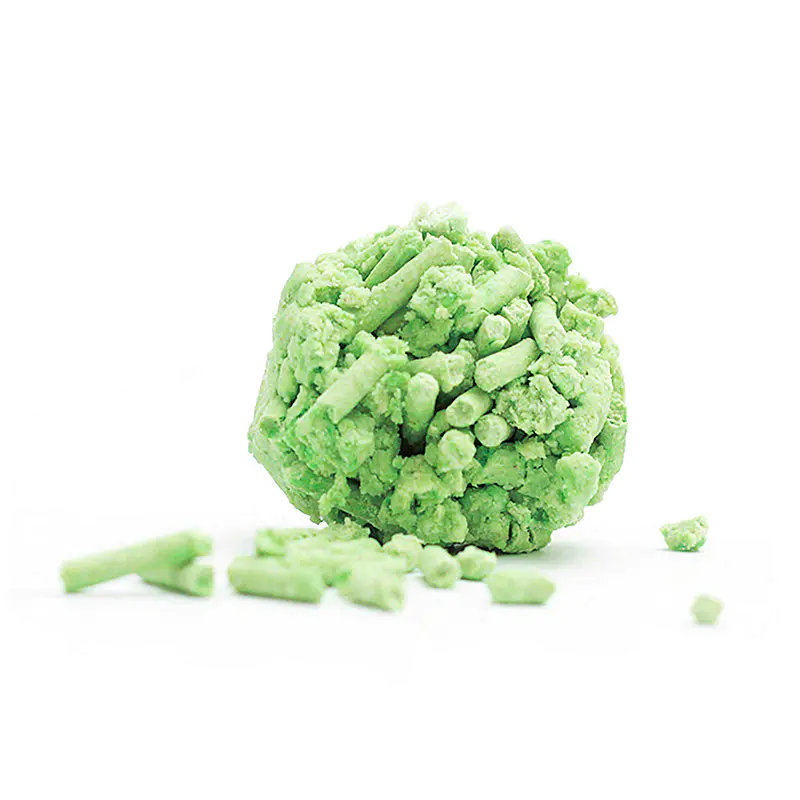
Tofu Cat Litter
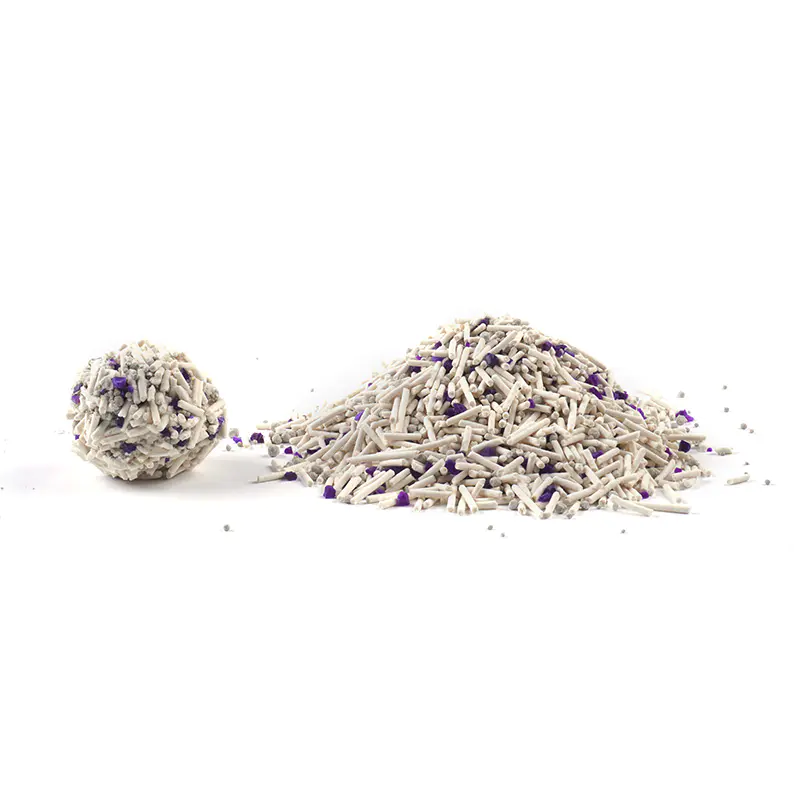
Mixed Cat Litter
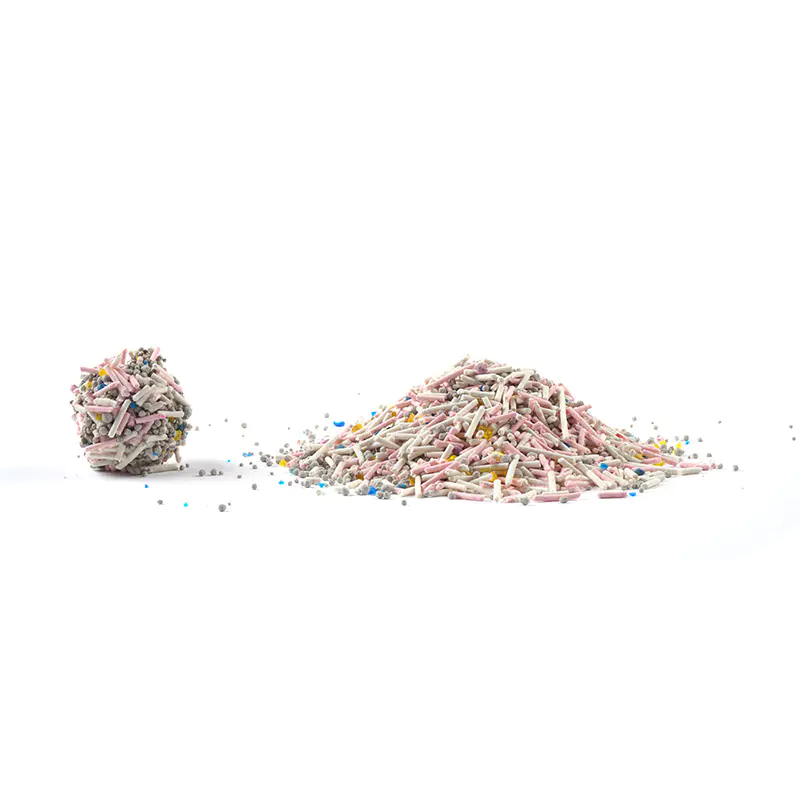
Mixed Cat Litter
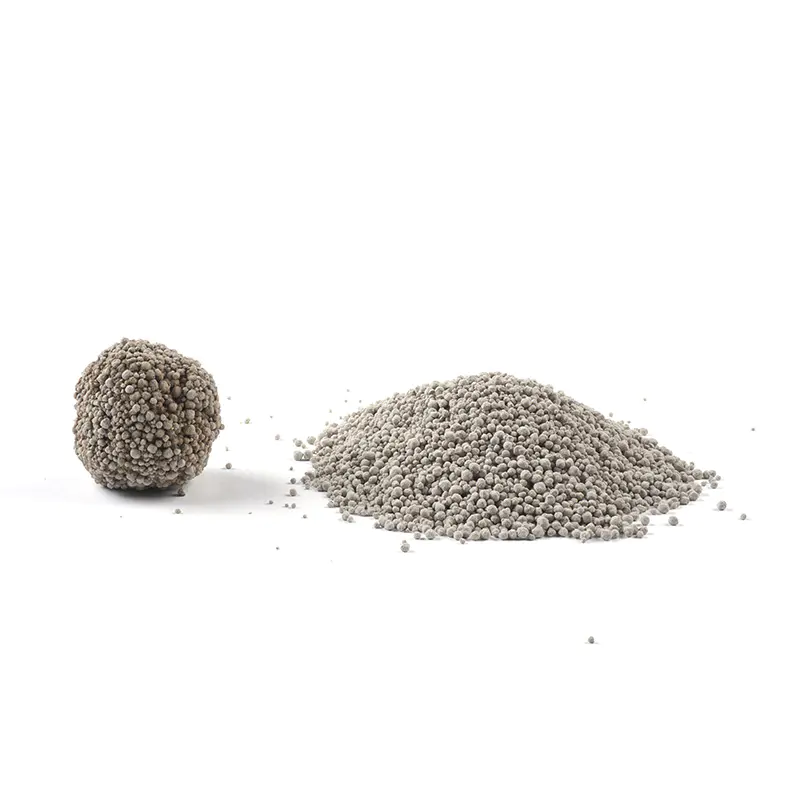
Bentonite Cat Litter


Got Questions? Call us 24/7

+8615263229311
No.88, Quandu Road, Xigang Town, Tengzhou City, Shandong, China. (Sincere Industrial Park)

OEM Cat Litter Manufacturers Bulk Cat Litter Wholesale Biodegradable Cat Litter Company
